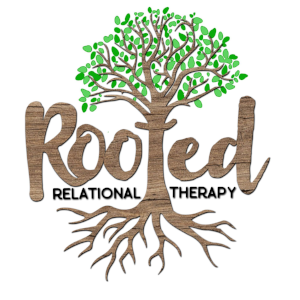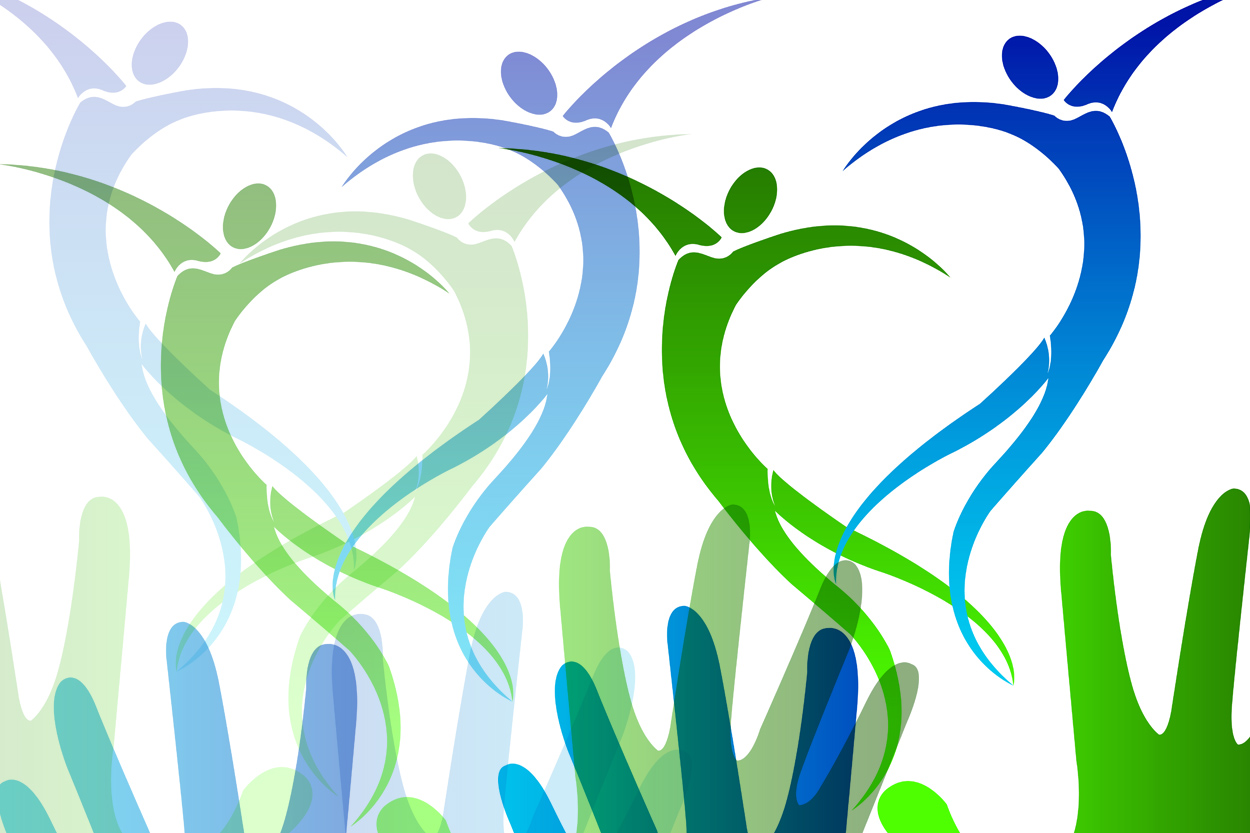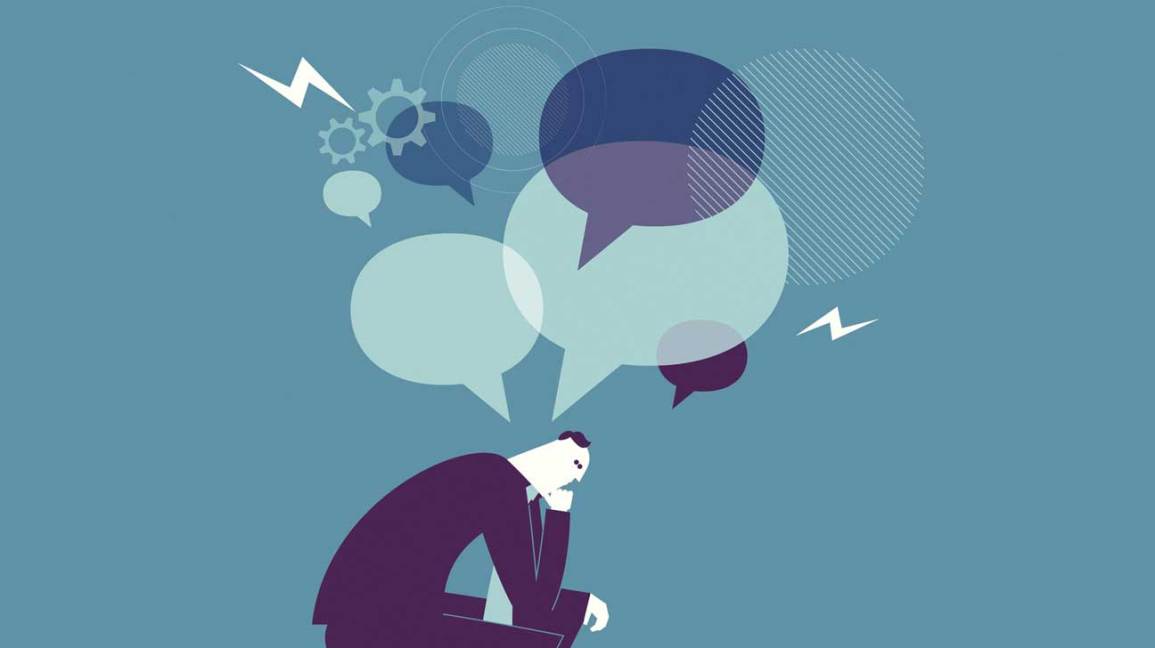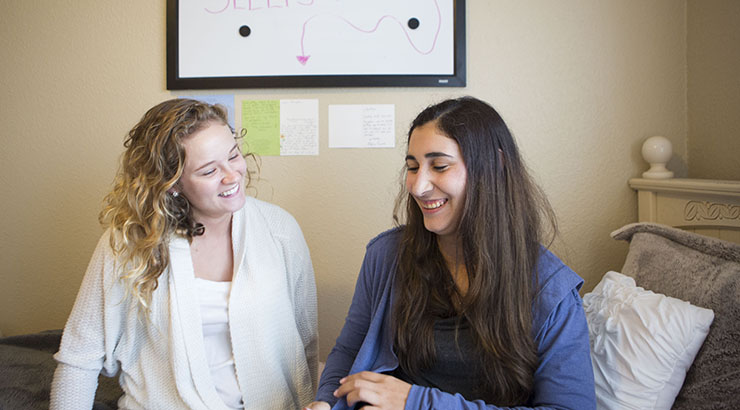Many people are looking for a way to get help with their mental health. There are many different types of therapy that one can try, but what is relational therapy? In this blog post, we will discuss the definition and how it relates to other types of therapies.
Contents
What Is Relational Therapy?
 Relational therapy is a type of counseling that focuses on improving relationships. It teaches clients to recognize negative behaviors and replace them with positive ones. This therapy can be helpful for couples, families, and friends.
Relational therapy is a type of counseling that focuses on improving relationships. It teaches clients to recognize negative behaviors and replace them with positive ones. This therapy can be helpful for couples, families, and friends.
This therapy is one of the main types of cognitive-behavioral therapy. It is a short-term type of counseling that may last anywhere from three to 20 sessions. This depends on the severity and complexity of your problems. The goal is usually to help you improve emotional relationships. This is in order to be more effective at work or school. It can also reduce stress and prevent mental health issues. These are like depression or anxiety disorders.
Goals of Relational Therapy

There are many different goals of relational therapy. The goals can vary depending on the people involved in your relationship. It also depends on what is causing problems for you and what you hope to achieve. Some common goals include:
Better Relationships
This therapy can help you learn how to have better, more positive relationships with the people in your life. This can include family, friends, and romantic partners.
Better Communication
Relational therapy can help you learn how to communicate better with others. You will learn how to listen and respond effectively, as well as express your feelings in a healthy way.
Problem-Solving Skills
This therapy can teach you how to solve problems effectively. You will learn how to identify the root of the problem, brainstorm possible solutions, and choose the best solution.
Coping Skills
If you are struggling with stressful situations or difficult emotions, relational therapy can give you some tools to help cope. You will learn how to deal with stressors in a healthy way and manage your emotions more effectively.
Working of Relational Therapy

You may work on one problem or issue at a time, or several issues simultaneously. The therapist works with you to identify goals for therapy. They then help create a plan of action based on those goals. During sessions, you discuss issues as they come up between you and other people in your life. Your therapist does not give advice but instead guides conversations. This is so that you can reach conclusions by yourself about what needs changing in each relationship.
This process involves self-reflection and sometimes taking “homework” assignments from the therapist. These are such as writing letters to communicate feelings or practicing more effective listening techniques. It is during a conversation with someone you know.
Techniques of Relational Therapy

The therapist may also use different techniques to help you understand your relationships better. These can include role-playing, drawing diagrams of relationships, and using dolls or puppets to act out scenes from interactions with others.
Role-Playing
This technique involves pretending to be someone else in a particular situation. You and your therapist will role-play different scenarios that you are experiencing difficulty within your relationships. This can help you understand how the other person may be feeling, what they might say or do, and how you could respond differently.
Diagramming Relationships
This technique uses pictures or diagrams to show the relationship between people involved in a problem. The diagram can help you see the patterns of interaction that are causing problems as well as identify any power dynamics at play. This technique can help you see how your relationships really work, as opposed to what you think they look like.
Dolls and Puppets
These techniques involve using dolls or puppets to show the relationship between different people in a problem situation. The therapist will ask questions about each person’s actions and emotions based on their point of view, which helps you understand all sides of the issue more thoroughly. This allows for better decision-making when working towards solutions because it forces you to be aware of everyone involved in the conflict rather than just yourself.
Mirroring Technique
This technique involves having you and your therapist act out a problem or difficult situation. This can help you see how other people are responding to issues in the same way that you respond, which allows for a better understanding of why relationships work the ways they do.
Asking Questions Technique
This technique involves using questions related to different feelings, needs, reactions, and thoughts during a problematic interaction with others. The therapist will ask more open-ended questions rather than ones that require only one answer such as yes or no. This helps stimulate discussion about problems within relationships so that each person involved has an opportunity to express their concerns without being interrupted by someone else’s responses.
Active Listening
This technique also involves asking questions, but the focus is on understanding what the other person is saying rather than responding to it. Active listening helps you show that you are paying attention and interested in hearing what the other person has to say. It also allows for better communication because it gives the speaker a chance to fully explain their thoughts without interruption.
Negotiation
This technique involves working with your therapist to find solutions to problems within relationships. You will learn how to identify different possible solutions and then work together with the therapist to choose the best one. This process teaches you how to compromise and reach agreements with others, which can be difficult when there is conflict present.
Relationship Enhancement
This final technique of relational therapy focuses on improving all aspects of relationships, not just solving specific problems. This approach encourages you to identify what you like about your relationships and then work on enhancing those aspects. It also teaches you how to better handle difficult situations so that they do not have a negative impact on the relationship.
Effectiveness of Relational Therapy
 According to research, relational therapy is effective at helping individuals improve their relationships with others as well as themselves. In a study, researchers found that patients who went through this type of treatment-experienced significant improvements in social functioning compared to what they had been experiencing prior. The patients also reported better overall satisfaction levels regarding their personal relationships after going through the process.
According to research, relational therapy is effective at helping individuals improve their relationships with others as well as themselves. In a study, researchers found that patients who went through this type of treatment-experienced significant improvements in social functioning compared to what they had been experiencing prior. The patients also reported better overall satisfaction levels regarding their personal relationships after going through the process.
The effectiveness of this form of psychotherapy is likely due to its focus on improving communication between people involved in problematic situations or conflicts within a relationship rather than just trying to solve specific problems related to different topics such as finances or parenting responsibilities. It teaches you how to respond more appropriately when faced with difficult issues so that the relationship can continue to grow and improve over time.
Benefits of Relational Therapy

There are many benefits of relational therapy, such as:
Improves Communication Between People
This therapy allows you to openly express your feelings, needs, and thoughts without feeling that you are being judged in any way. It focuses on active listening so that both sides of a problem have the opportunity to share their perspectives about what is going on.
Resolves Conflicts Within Relationships
This type of therapy allows for different solutions when dealing with problems within relationships which can help resolve conflicts much easier than trying to find one solution or answer that works for everyone involved. This process gives each person an equal say in finding answers instead of just having someone make all the decisions based on his own personal preferences rather than those of other people affected by them as well.
Encourages Compromise and Understanding
The negotiation technique used during this form of treatment teaches you how to compromise which can help resolve conflicts much quicker than trying to talk someone into doing what you want. It is often difficult for individuals with personality disorders to find a middle ground or common ground when it comes to resolving problems, and this process helps them learn how to do so in order to improve their relationships with others as well as themselves.
Increases Satisfaction Levels
The relational therapy process has been found effective at improving satisfaction levels within personal relationships between family members, friends, and partners. This type of psychotherapy focuses on bringing out the best qualities that each person brings into a relationship rather than focusing solely on negative aspects associated with certain issues such as finances or parenting responsibilities.
Limitations of Relational Therapy

There are many limitations of relational therapy, such as:
May Not Be Effective With Some People
Some people will not respond to this type of treatment in the same way that others do. This is especially true when involved individuals have personality disorders or other mental health concerns such as depression-related issues and anxiety conditions. In these cases, professional psychotherapy may be necessary in order for them to experience significant improvements in their relationships even after going through relational therapy sessions.
May Trigger Memories of Traumatic Experiences
The use of open communication and negotiation techniques during relational therapy sessions may trigger memories of traumatic experiences that have occurred in the past. This can be extremely emotional for some people and cause them to feel overwhelmed or even retraumatized. If this occurs, it is important to seek professional help immediately so that the therapist can assist you in working through these feelings in a safe and healthy manner.
May Not Be Effective For Mental Illness Patients
This therapy may not be effective when used with individuals who have severe mental illnesses such as schizophrenia. It can be difficult for them to make significant changes in their lives. They may not have enough energy or motivation needed to carry out the tasks required by this therapy process on a regular basis. In these cases, it is often necessary to seek professional help from psychiatrists or other licensed professionals. These specialize in treating people with different types of mental health conditions instead.
Conclusion
In conclusion, relational therapy can help people resolve problems within their relationships. It allows both sides of an issue to express how they feel about it, and then helps them develop solutions that are acceptable for everyone involved rather than just one person making all the decisions without taking into account others’ feelings or needs in the matter too.
A Word From Therapy Mantra
Your mental health — your psychological, emotional, and social well-being — has an impact on every aspect of your life. Positive mental health essentially allows you to effectively deal with life’s everyday challenges.
Also, at Therapy Care, we have a team of therapists who provide affordable online therapy to assist you with issues such as depression, anxiety, stress, relationship, OCD, LGBTQ, and PTSD. You can take our mental health test. You can also book a free therapy or download our free Android or iOS app.


